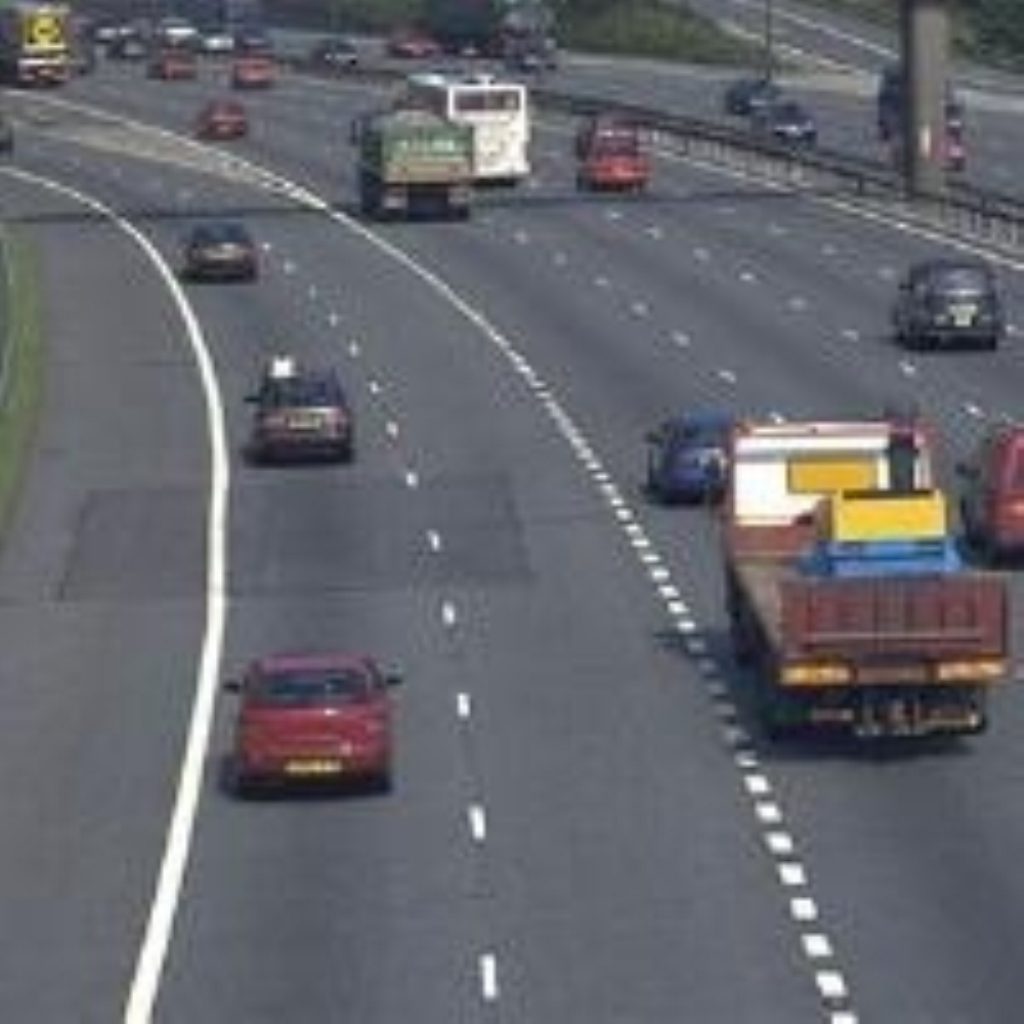Highways Agency ‘too cautious’ in tackling congestion
The Highways Agency – the body responsible for running Britain’s roads – has been “too cautious” in tackling congestion, according to a new report from the National Audit Office (NAO).
It finds that the Agency has failed to introduce nationwide anti-congestion measures commonly used abroad, has managed trials of new technology poorly, and has not installed the most appropriate technology on the most congested motorways.
Schemes like variable speed limits and dedicated lanes, which have been successful in other countries, have not been widely introduced in the UK. Hard shoulder running equally has not been used. The Highways Agency points to concerns that emergency vehicles would not be able to reach the scene of the accident quickly enough if this is introduced, but the NAO suggests that the measure has worked overseas and there are no “insurmountable obstacles” to its introduction.
Though the agency has run some trials of anti-congestion schemes the NAO says these have been managed “poorly” and “the very small number of trials has limited its ability to find trial sites with the right characteristics and conditions for success.”


It finds that the organisation has concentrated most of its technological projects on improving road safety and managing accidents rather than any reduction in congestion. Within this there has also been inconstancy, with sophisticated signage introduced in the Midlands and North, but not in the equally congested South. The NAO calls for this technological disparity to be addressed and motorists to be provided with more information on congestion before they enter the motorway.
The NAO also calls on the Highways Agency to be better prepared for events which are likely to cause congestion, such as major sporting and music events. It said that the Highways Agency was not always aware of some planned events and suggests that it should become a body which must be consulted on the licensing of major events.
NAO head Sir John Bourn said: “Road traffic congestion on our motorways and trunk roads is an enduring problem. I welcome the Highways Agency’s efforts to attack the problem by making better use of our existing roads. In particular, it is aiming to improve roadside information to motorists and to deal more effectively with incidents and accidents.
“I am looking, however, for the Agency to adopt a less risk averse approach. It must not only carry out more effective trials of proposed congestion-reducing measures; but also, if the trials are successful, follow the lead of its overseas counterparts in implementing these technologies more widely on the network.”
In response, Archie Robertson who heads the Highways Agency, said that since the audit the Agency had embarked on a number of new initiatives, including car sharing lanes, and was providing better information to drivers through the National Traffic Control Centre.
Mr Robertson said: “This report includes some valuable recommendations about improving the Agency’s work to tackle congestion. We are already taking steps to address some of the issues identified but fully accept that we have more work to do. I will ensure that where recommendations for improvement are safe and appropriate to deliver – we take action.
“We accept the need to implement projects more quickly to bring benefits to drivers, better manage our trials, target technology effectively and be better prepared for major events. We will now be reviewing how we assess pilot projects, are currently targeting our resources for 2005 to reflect congestion priorities and have already taken steps to improve traffic management around major events.”











